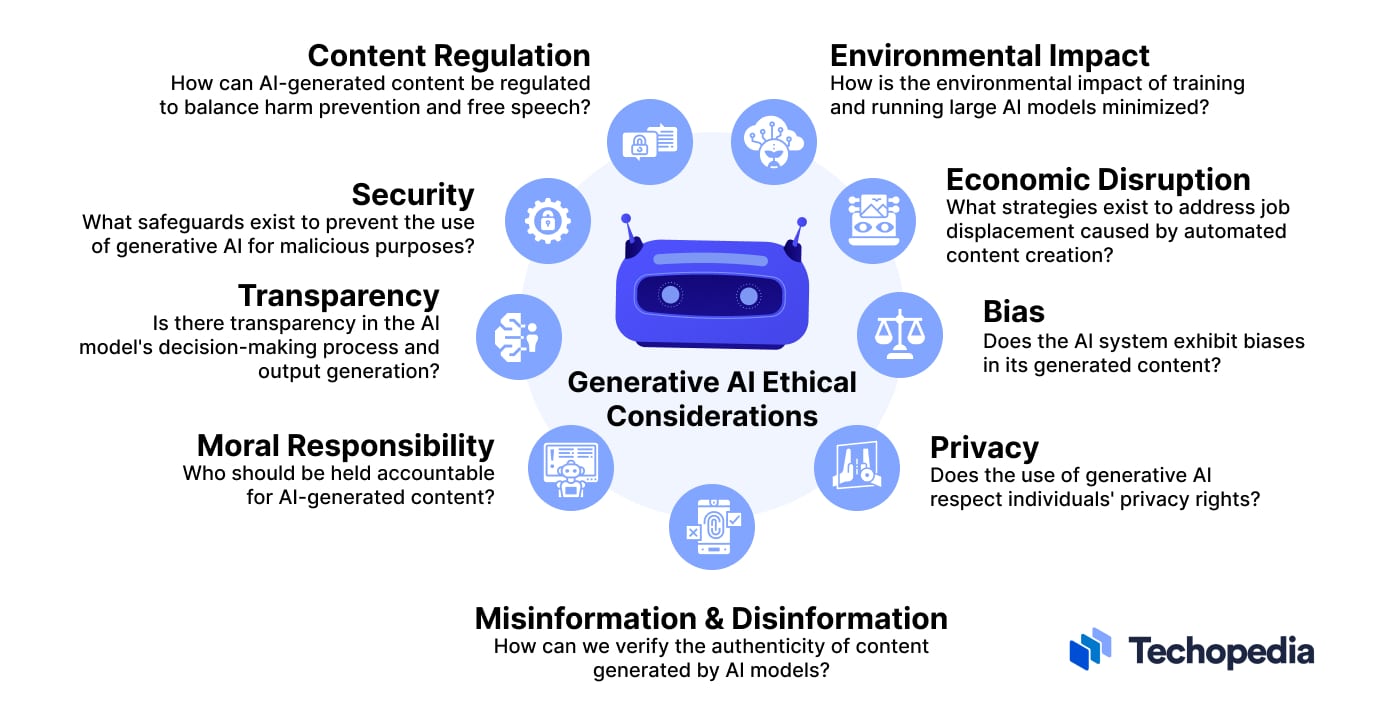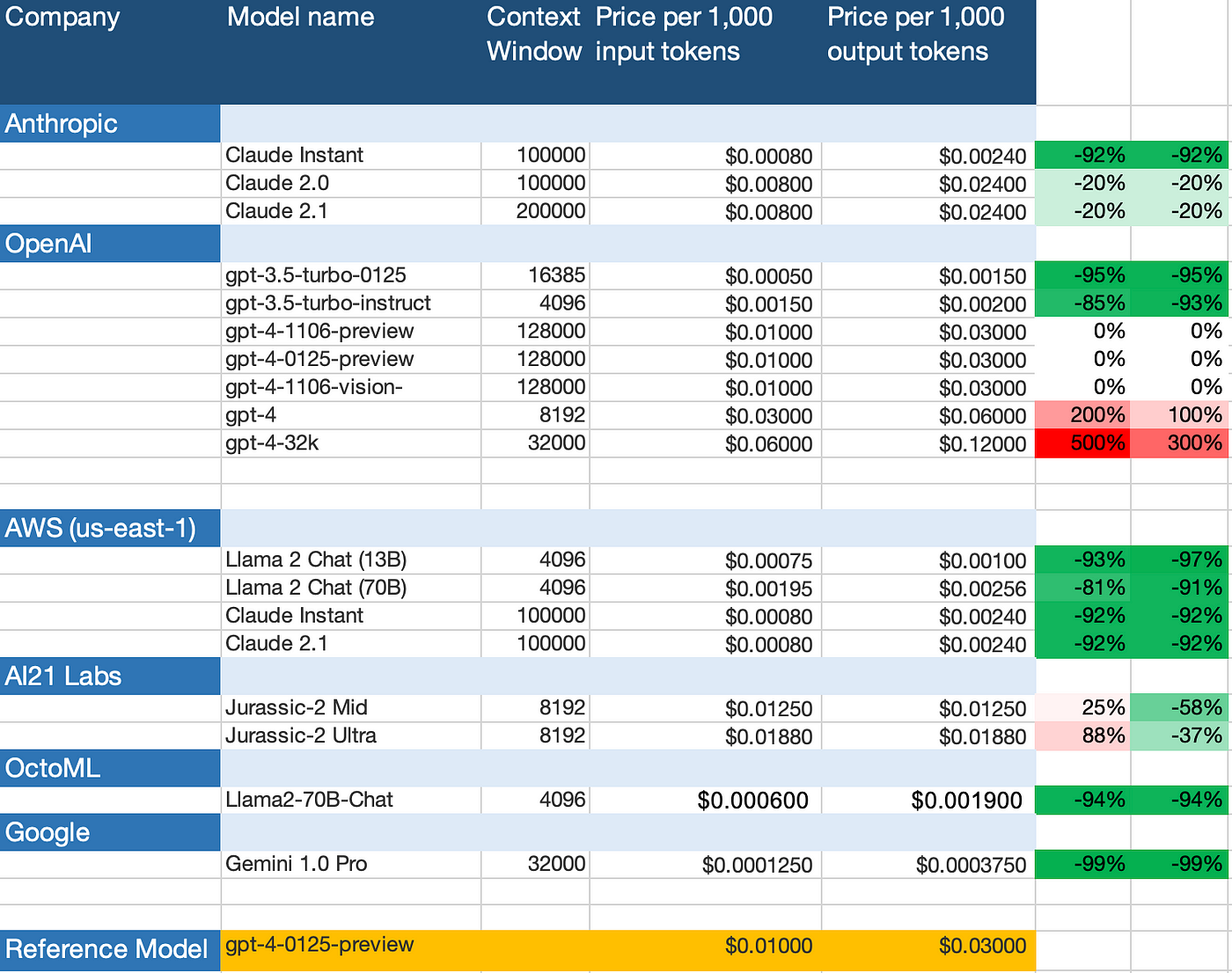Meta's plan to win AI race: Give its tech away free | Mint
Mark Zuckerberg has an unusual plan for winning the artificial-intelligence race: giving away his company’s technology free. Like many of its rivals, Zuckerberg’s Meta Platforms is spending tens of billions of dollars on high-end computer chips, top-flight computer scientists, and gigawatts of electricity to build the most powerful AI tools it can.
Unlike any of those rivals, some of whom made AI announcements last week, Zuckerberg is giving away the fruit of that investment—Meta’s most advanced chatbots and the technology that drives them.
A Unique Strategy
Behind the contrarian strategy is a bet that making Silicon Valley’s hottest new technology free will drive down competitors’ prices and spread Meta’s version of AI more broadly, giving Zuckerberg more control over the way people interact with machines in the future.

Jerome Pesenti, Meta's former vice president of AI and now the founder of Sizzle AI, stated, “What you don’t want in a situation like this is for other people to own the unique technology you don’t have access to.” Meta felt the cost of not controlling its own destiny when Apple decided in 2021 to cut off its ability to gather data on their users without asking for permission—something Meta had relied on to target ads.
Challenges and Opportunities
For the AI-giveaway strategy to work, Meta must get its billions of users to look to those free AI services in the same way they flocked to Facebook, Instagram, and WhatsApp. It wagers that advertising can come later, as it did in the past.
Meta’s ability to turn eyeballs into ad dollars is well established, although early user responses to its AI services have been mixed.
_1.png)
The effort to draw users to a free AI product grew more competitive last week after OpenAI launched GPT-4o, a conversational-assistant version of its blockbuster AI model that it intends to give away free.
Financial Implications
Meta said last quarter that AI could lead it to spend an additional $10 billion in 2024. So far there isn’t an obvious way to recoup its spending in the near term. Meta makes its money selling ads on its social-media services.
Meta’s shares plunged 10% last month after detailing its new spending on AI. But Meta is seeing early support from some investors and analysts for its argument that it will benefit eventually by releasing its generative AI as “open source." Open-source software is publicly available, meaning Meta is releasing the source code and doesn’t intend to charge most businesses to use it.
The Path to Success
Meta last month released its most recent generative AI tool—dubbed Llama 3—free for any company to use and repurpose so long as they have fewer than 700 million users.

“All of our properties are free, we help people connect with each other, and we want to help connect people with AIs that can help them get things done," Ahmad Al-Dahle, Meta’s vice president of generative AI, told The Wall Street Journal. “That’s always been our playbook. That’s what the company ethos is about."
Future Prospects
If Meta succeeds, it would be able to define its own destiny in a way it was never able to do in the mobile-phone revolution. On mobile, Meta is beholden to two companies—Apple and Alphabet’s Google—that control the mobile-phone operating systems.
It seems to be driven by a desire to commoditize the market," said Bryan Offutt, a partner at Index Ventures, who invests in enterprise tech. “They don’t want a world where the entire tech community is building the foundations of the next 20 years of applications on OpenAI and Microsoft."










